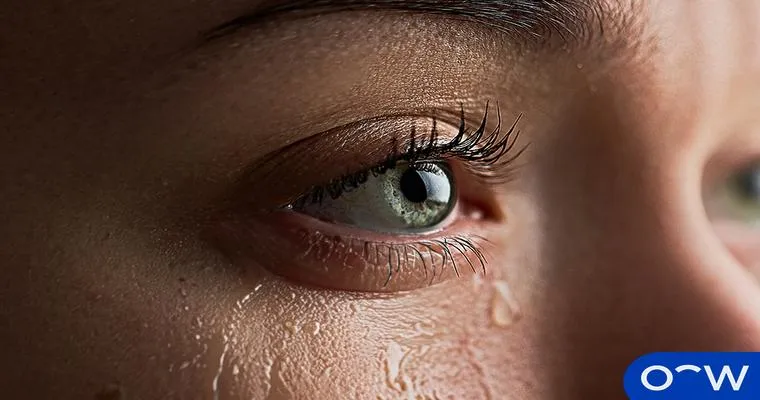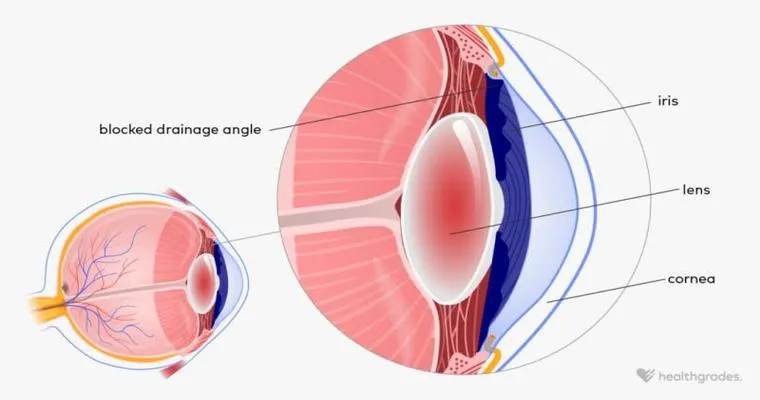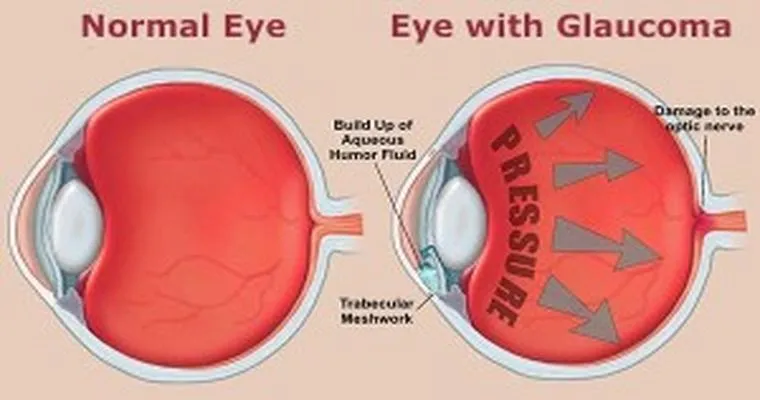As we age, our bodies go through various changes, and our "eye health" is no exception. For seniors, being aware of the "warning signs of eye disease" is crucial for maintaining vision and preventing more serious conditions. Many eye diseases often develop gradually, making it essential to recognize the early symptoms. This article will highlight the key warning signs that seniors should watch for to ensure prompt medical attention and intervention.
One of the most common signs of eye disease in seniors is "blurry vision". If you notice that your eyesight has become less clear or that you have difficulty focusing on objects, it may indicate a problem such as cataracts or macular degeneration. Seniors should not dismiss these changes, as they can significantly impact daily activities and quality of life.
Another important warning sign is the presence of "floaters" or flashes of light. While floaters can be a normal occurrence, a sudden increase in their number or the appearance of flashes may signal a "retinal detachment" or other serious conditions. Seniors experiencing these symptoms should seek immediate medical attention to prevent potential vision loss.
Seniors should also be alert to changes in their "color perception". Difficulty distinguishing between certain colors or a noticeable fading of color vibrancy can indicate issues such as diabetic retinopathy or glaucoma. Regular eye examinations can help detect these changes early, allowing for timely treatment.
Additionally, if seniors experience "difficulty seeing at night", this could be a sign of "night blindness", which is often associated with conditions like cataracts or retinitis pigmentosa. Struggling to adapt to low light can hinder mobility and increase the risk of falls, making it imperative to address these concerns with an eye care professional.
Another warning sign that should not be overlooked is the development of "sensitivity to light". Seniors may find themselves squinting or experiencing discomfort in bright environments, which can be a symptom of cataracts or other eye diseases. Proper evaluation can lead to effective treatments or corrective measures.
Finally, changes in the "field of vision", such as blind spots or a narrowing of peripheral vision, should be taken seriously. These changes may indicate glaucoma or other serious conditions that can lead to irreversible vision loss if not treated promptly.
In conclusion, being proactive about eye health is essential for seniors. Recognizing these "warning signs of eye disease" can lead to early diagnosis and treatment, ultimately preserving vision and enhancing the quality of life. Regular eye check-ups and consultations with healthcare professionals are vital for maintaining good eye health as we age. Don’t ignore the signs—seek help and protect your vision.





